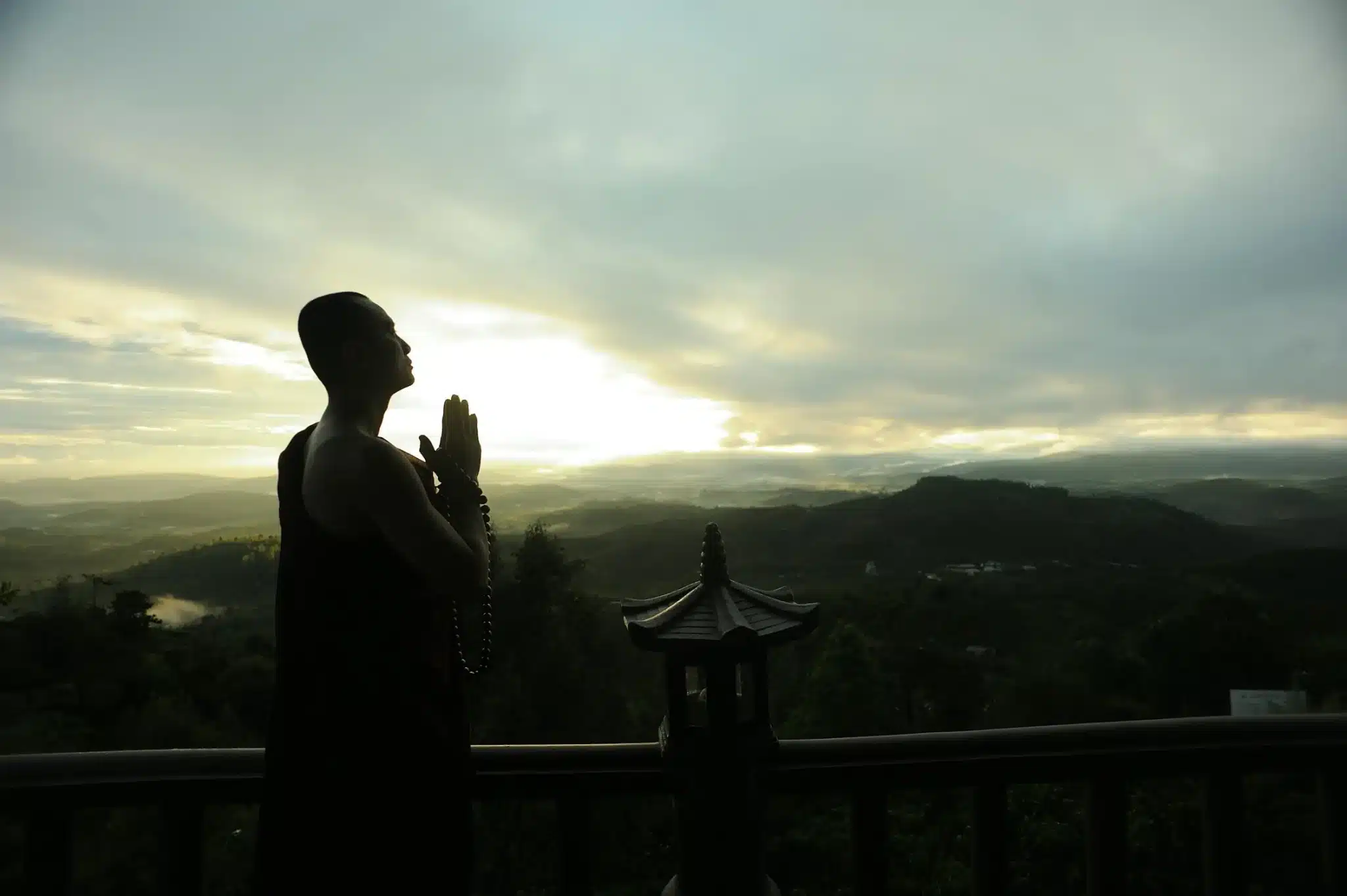Mystery has always been part of spiritual practice. Ancient oracles spoke in riddles, tarot readers revealed hidden truths, seekers embraced the unknown. The element of surprise in spiritual work isn’t just for fun, it’s actually how the universe communicates sometimes through symbols and things that seem random but aren’t really.
Why Uncertainty Opens Spiritual Doors
Control blocks spiritual growth, more than most people think about. Everything gets planned and predictable and there’s no room left for anything unexpected to happen. Divine intervention needs space to work. Embracing mystery means trusting that what’s supposed to find you will find you, even when you have no idea what it is yet.
Ancient practices got this. Oracle bones in China involved casting patterns and reading them. Greek priestesses at Delphi went into trance states to receive messages they couldn’t control or predict, which was the whole point. Modern spiritual practitioners still do similar things with tarot spreads that reveal cards in whatever order they come, rune casting where you just let the stones fall how they fall. The randomness isn’t a problem, it’s how higher guidance gets through because you’re not controlling the outcome with your ego.
Some people think this is just meaningless chance. Synchronicity works through what looks like coincidence though. You pull exactly the card you needed to see right when you needed it, or a specific symbol keeps showing up at the perfect moments. That’s the universe working through mystery, and you can’t really force these things to happen.
Mystery Boxes as Modern Divination Tools
Mystery boxes connect to spiritual practice in ways that aren’t obvious at first. Opening something without knowing what’s inside mirrors spiritual revelation kind of. You’re trusting the unknown, accepting that what comes might be what you need even if it’s not what you wanted or expected. Some practitioners use mystery bags or boxes in their work intentionally. They’ll put different crystals or herbs or oracle cards in containers and draw blindly. Trusting intuition and fate to guide what gets received. The surprise element removes ego from the choosing process, lets something bigger decide.
This goes beyond physical objects. Life is basically a series of mystery boxes when you think about it. Tomorrow is unknown, opportunities appear that you didn’t plan for, challenges show up that force growth. Fighting uncertainty creates suffering, accepting it opens you up to magic happening. Modern platforms made this competitive which adds a different layer. When you’re playing against other players to open mystery boxes, there’s shared experience energy. Multiple people opening to possibility at the same time generates something unique energetically, collective participation in chance creates a field that individual practice doesn’t have.
Competition as Spiritual Growth
Western spirituality dismisses competition usually as ego-driven stuff. Healthy competition can be a tool for growth though. Testing yourself against others reveals capabilities you didn’t know existed. Pressure shows character, exposes where more work is needed.
Ancient traditions included competitive elements. Martial arts combined physical skill with spiritual discipline and practitioners tested against each other to improve. Buddhist monasteries used debate as central practice, monks sharpened understanding through intellectual challenge with each other. Sufi mystics had poetry competitions demonstrating spiritual insight through verse. Intention matters here. Competition to prove superiority feeds ego, that’s true. Competition as a mirror showing your current level serves growth.
Spirituality doesn’t only exist on meditation cushions and altars. It shows up wherever genuine experience happens, wherever you’re fully present in the moment. The thrill of not knowing what comes next, excitement about possibility, accepting outcomes you can’t control – these are spiritual states even when they’re happening in settings that don’t look traditionally spiritual. People get really attached to spiritual practice looking a certain way. Should be quiet and serious and traditionally formatted. Joy and playfulness are spiritual too though.
Conclusion
The universe doesn’t really care if guidance comes through ancient methods or modern ones. What matters is openness, presence, willingness to see meaning where it appears. Mystery stays mystery whether it comes wrapped in old traditions or shows up in new formats. Learning to embrace uncertainty and trust the unknown and find meaning in chance, those are timeless spiritual skills. They work in any context where you practice them, doesn’t matter if that’s traditional divination or modern experiences that involve risk and surprise and collective energy with other people.
Featured image courtesy of Pexels.com

